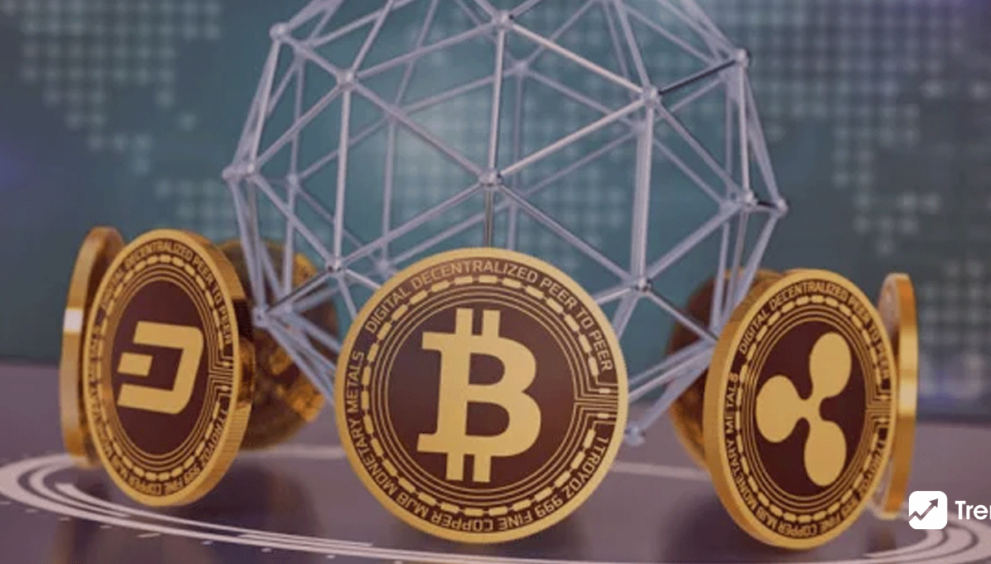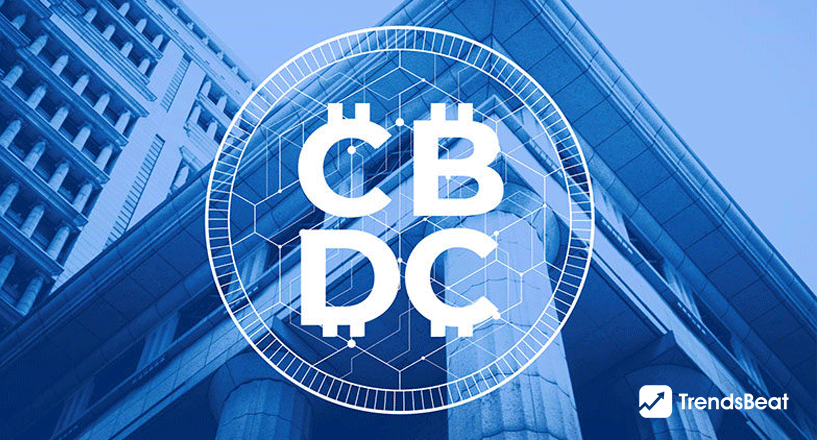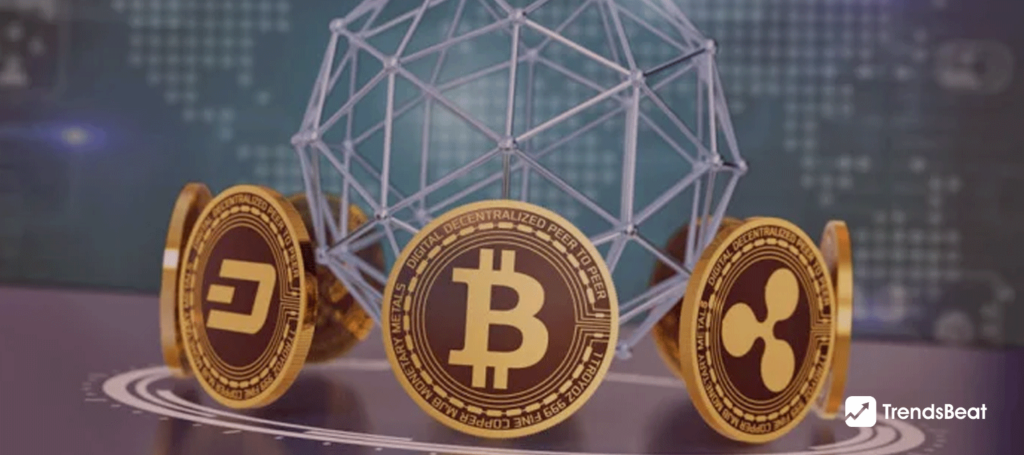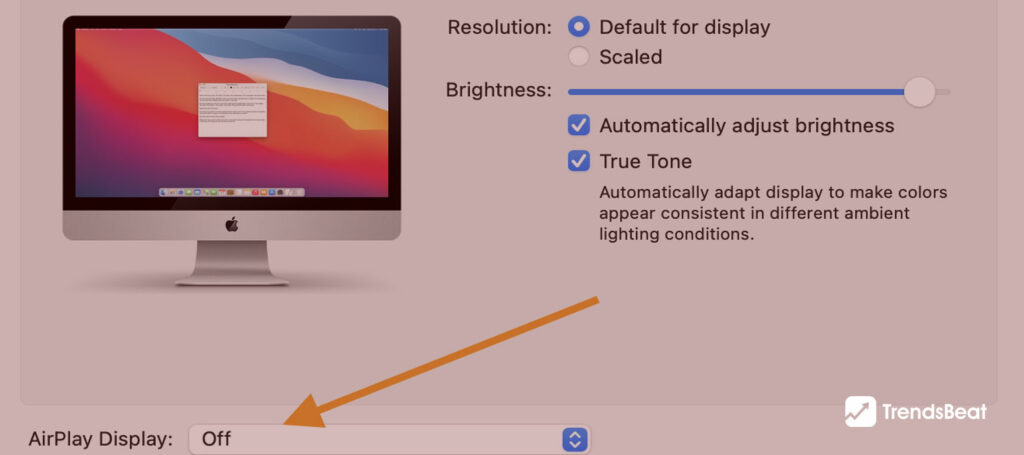“Elevate Your Lifestyle: Exploring the Advantages of Digital Currency Investments”

As the world’s fascination with cryptocurrencies like Bitcoin and Ethereum continues to grow, your wallet may soon go digital. The way society views money could be fundamentally altered by digital currency. Global central banks are investigating the potential functionality of national digital currencies in response to the growth of Bitcoin (BTC), Ethereum (ETH), and thousands of other cryptocurrencies that only exist in electronic form. In addition to being used as currencies to purchase a variety of products and services, including software, virtual property, and illegal substances, Bitcoin and hundreds of other cryptocurrencies are becoming more and more popular as investments. In this era, where businesses are becoming more and more aware of advanced technologies, it is important to keep up with the changes, or else businesses will face mass extinction.
Understanding Digital Currency
Digital currencies exist solely in electronic form and do not possess any physical attributes. Any currency exclusively available in electronic format is classified as digital currency. The majority of nations’ financial systems already predominantly use electronic forms of cash. The fact that digital cash never assumes physical form sets it apart from the electronic currency that is already present in American bank accounts. Unlike tangible types of currency like banknotes or coinage, this money has no actual equivalent. However, digital currencies can be used to make purchases of products and services just like real money.
Similar to conventional currency, digital currencies are useful. They can be applied to both paying for products and services. In certain online communities, such as gaming platforms, betting websites, or social networks, their usage may also be subject to limitations. You will, however, be restricted to online communities and platforms including investing platforms, gaming portals, and gambling websites. Cryptocurrencies, central bank digital currencies (CBDC), and stablecoins are some of the most well-liked types of digital money.
Types of Digital Currencies
Cryptocurrencies

Digital currencies known as cryptocurrencies use cryptography to safeguard and validate network transactions. Cryptocurrencies are often transacted between users with virtual wallets over decentralized computer networks because of their use of cryptographic principles to issue virtual money. Blockchains serve as decentralized, immutable ledgers designed for transparently recording transactions. The development of such currencies is managed and regulated through the use of cryptography. A couple of instances of cryptocurrencies include Bitcoin and Ethereum. Cryptocurrencies may or may not be regulated, depending on the region.
Virtual Currency
Digital currencies known as “virtual currencies” are uncontrolled and are governed by developers or a founding group made up of different process participants. A predetermined network protocol can likewise be used to algorithmically govern virtual currencies. A gaming network token is an illustration of virtual money, and its economics are set and managed by developers.
Central Bank Digital Currency

Central Bank Digital currency is a form of money that is controlled and issued by a nation’s central bank. A Central Bank Digital Currency (CBDC) can complement or replace traditional fiat currency. According to the IMF, more than 100 nations are investigating CBDCs in one way or another. In order to increase the efficiency and security of centralized payment systems, decrease the costs and risks associated with handling cash, and promote greater financial inclusion for individuals and businesses without access to traditional banking services, the usage of CBDCs has been proposed.
WHAT ARE THE BENEFITS OF INVESTING IN DIGITAL CURRENCIES IN 2023?
Easy & Fast Transactions
Digital currencies have made transactions much easier and faster worldwide, the rate at which digital currencies flow is much faster than conventional means. The payments in digital currencies are made directly between the partners involved so there are no unnecessary delays. The record-keeping is also straightforward and clear.
Inexpensive Transactions
International currency transaction processes are highly expensive as they involve heavy funding and taxes. Individuals are charged high taxes especially when currency conversions are involved. Middlemen prices are cut which ultimately results in benefits for the parties involved. Thus, digital currency makes transactions worldwide cheaper.
Round-The-Clock Accessibility
In the conventional banking system, accessibility and availability become a major concern as banks are closed after a specific period of time, even the banks that offer 24/7 availability are closed on the weekends. This is a major hurdle, as the conversion of currency further takes time and this causes a major delay in the transaction process. But digital currencies are available 24/7, seven days a week.
No Physical Facilities Required
Digital currencies don’t have to meet a lot of the conditions that apply to physical currencies, such as the construction of real production facilities. These currencies also remain impervious to stains or physical damage that real money may suffer from.
Assistance For Underbanked & Unbanked People
According to a 2019 poll by the FDIC, more than 7 million American homes do not have a bank account. Unbanked individuals often incur substantial fees when cashing checks or sending money through remittances or money orders. The introduction of a CBDC at the national level could provide unbanked populations with convenient access to their funds and enable them to cover expenses without incurring extra charges.
Complete Privacy And Anonymity
Digital currencies do not require your complete data or information which serves as another benefit. It is indeed very useful for those who want to keep their identities confidential and their information safe and private. There is no requirement for personal information-gathering.
Resistant To Government Interference
Digital currencies are not regulated or controlled by the government or legal financial institutes, thus this makes digital currencies decentralized. This means that the users or owners have full control over the currency and there is no direct external force involved.
The Bottom Line
Assets known as digital currencies are solely used in electronic transactions. Although they can be exchanged for conventional money or other assets, they have no physical form. For individuals who want to invest and reap the most rewards possible without incurring any additional fees or obstacles, digital currencies are nothing less than a boon. You can transact immediately and free of any additional fees or taxes thanks to digital currencies. Users throughout the world may now make payments more quickly and easily thanks to this. Regardless of your level of investment experience, research is essential to make wise choices. Therefore, before making a purchase, make sure to research any potential investment opportunities and educate yourself on the market’s present attitude.















































































![Essential-Cybersecurity-Tips-for-Small-Businesses-[Protect-Your-Data]-TrendsBeat](https://trendsbeat.com/wp-content/uploads/2023/05/Essential-Cybersecurity-Tips-for-Small-Businesses-Protect-Your-Data-feature-image-template-1024x455.jpg)


















![Top Fitness Trends & Workout Routines to Follow [Stay Fit, Stay Healthy]](https://trendsbeat.com/wp-content/uploads/2023/04/feature-image-Top-Fitness-Trends-Workout-Routines-to-Follow-Stay-Fit-Stay-Healthy-1024x455.jpg)










![[Weight Loss Medication Health Effects] Side Effects and Best Advice](https://trendsbeat.com/wp-content/uploads/2023/04/feature-image-Weight-Loss-Medication-Health-Effects-Side-Effects-and-Best-Advice-1024x455.jpg)



